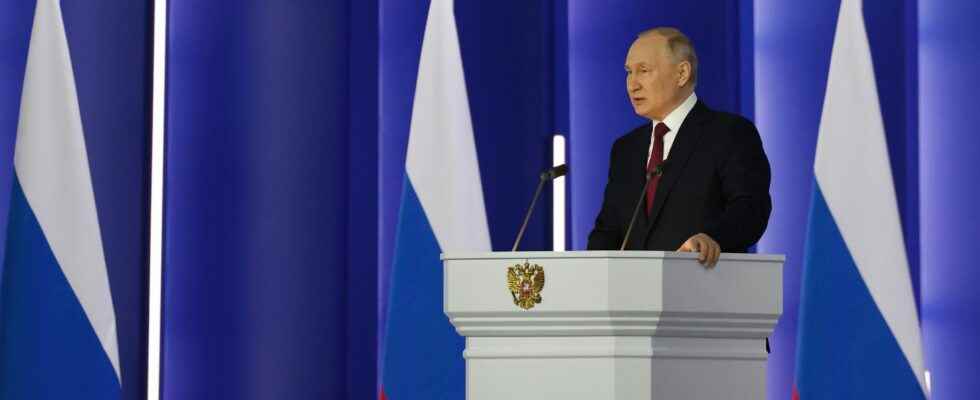The loud applause that greeted the massive condemnation of Russian aggression at the United Nations General Assembly on February 23 in New York cannot hide another, more worrying reality. If 141 countries out of 193 declared themselves in favor of an “immediate withdrawal” of Russian troops from Ukraine, the 39 who voted against the resolution or abstained represent… half of the world’s population. Among these, China, India and more than twenty African states, some of which are reputed to be close to the Europeans – Gabon, Morocco or Senegal.
Washington and its allies would be wrong to ignore the messages sent by these so-called “global South” countries. What are they telling us? That certain fundamental notions which, thought the West, cemented the international community – respect for sovereignty, condemnation of the use of force – have lost their force. And that if most of them condemn Moscow, these States do not consider this conflict any less as a “war of Europeans” of which they bear the brunt of the collateral effects (explosion of energy and cereal costs). A point on which the head of the Kremlin presses as soon as he can, with a consummate sense of cynicism: “The G7 countries have spent more than 150 billion dollars to help and arm the Kiev regime. poorest? 60 billion,” he said during his state of the nation address on February 21. “As of the 2010s, Putin has been able to capture the rise of anti-Western sentiment for his own benefit,” recalls Michel Duclos, special adviser at the Montaigne Institute*. With some success. For the past three months, the volume of imports from Russia has returned to its pre-invasion level, according to a recent study by the American think tank Silverado.
Among its partners are these middle powers (Turkey, Saudi Arabia, India), which Michel Duclos qualifies as “uninhibited”: “They weigh enough not to fear Western reprisals and, at the same time, they project themselves into the world of tomorrow , that of the Sino-American rivalry”. A world which, under the aegis of these two superpowers, will undoubtedly be more fragmented, and in which these “countries of the future” will do everything not to remain so, to use the formula dear to de Gaulle. Rather than asking them to support a world order that shows signs of decline, the West would be better off designing another with them. And thus keep them away from Russia, this country of the past. Who is likely to remain so. * War in Ukraine and new world order (collective work published by the Observatory, 2023)
